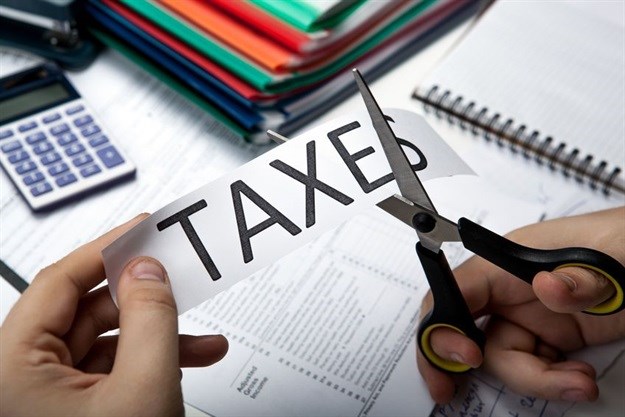
Top stories





Marketing & MediaIAB SA: 6 key trends impacting influencer marketing
Casey Mantle,Dashni Vilakazi,Jolene Roelofse & Sanesh Maharaj 17 Apr 2025

Marketing & MediaBiz Promoted Features: Keep your business headlines in the spotlight for 7 days
Bizcommunity.com 16 Apr 2025
More news

Marketing & Media
Adelaide Tshabalala | Why community managers are the digital Queen Bees
Adelaide Tshabalala 17 Apr 2025

Finance
Godongwana defends VAT increase, saying ‘severe consequences’ await if hike is suspended
Estelle Ellis, Suné Payne, Lerato Mutsila and Ethan van Diemen 5 hours






Construction & Engineering
"Cape Town’s water recycling project should not be privatised"




Finance
PwC shuts operations in 9 African countries
Bipasha Dey, Kanjyik Ghosh and Harshita Meenaktshi 16 Apr 2025

Construction & Engineering
Cape Town inner city development opportunity lies in regeneration










